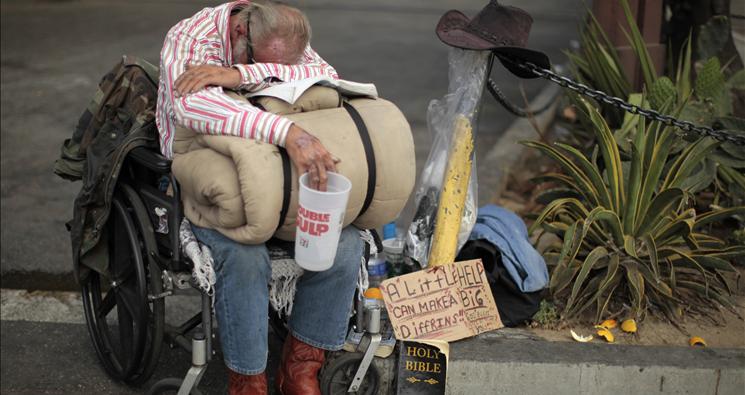The Sources of Poverty
I just watched Senator Rubio's excellent speech at the Reagan Library, and I completely agree with his core points.
The free-enterprise system has lifted more people out of poverty than any government program, and yes, our “social problems create our poverty.” But there’s a tension inherent in these two points. It’s not precisely true that the free-enterprise system itself has lifted people out of poverty; it’s more true that the free-enterprise system has created opportunities that allow hard-working (or even moderately hard-working) individuals to succeed. But if you destroy the people’s industry and virtue, then all the economic liberty in the world won’t save them.
It is simply a fact that our social problems are increasingly connected to the depravity of the poor. If an American works hard, completes their education, gets married, and stays married, then they will rarely — very rarely — be poor. At the same time, poverty is the handmaiden of illegitimacy, divorce, ignorance, and addiction. As we have poured money into welfare, we’ve done nothing to address the behaviors that lead to poverty while doing all we can to make that poverty more comfortable and sustainable.
Earlier this week, Walter Russell Mead highlighted disturbing research showing that the poor — far more than the rich — are disconnected from church and religion. While church attendance is dropping among all social classes, it’s falling off a cliff for the poorest and least-educated Americans. In other words, the deeper a person slides into poverty, the more they’re disconnected from the very values that can save them and their families.
The bottom line is that we need more free enterprise, and we need more virtue. Sadly, the Great Society and the sexual revolution have deprived us of both.
This article is crossposted at National Review Online. You can read ACLJ Senior Counsel David French's follow-up to this article here.
